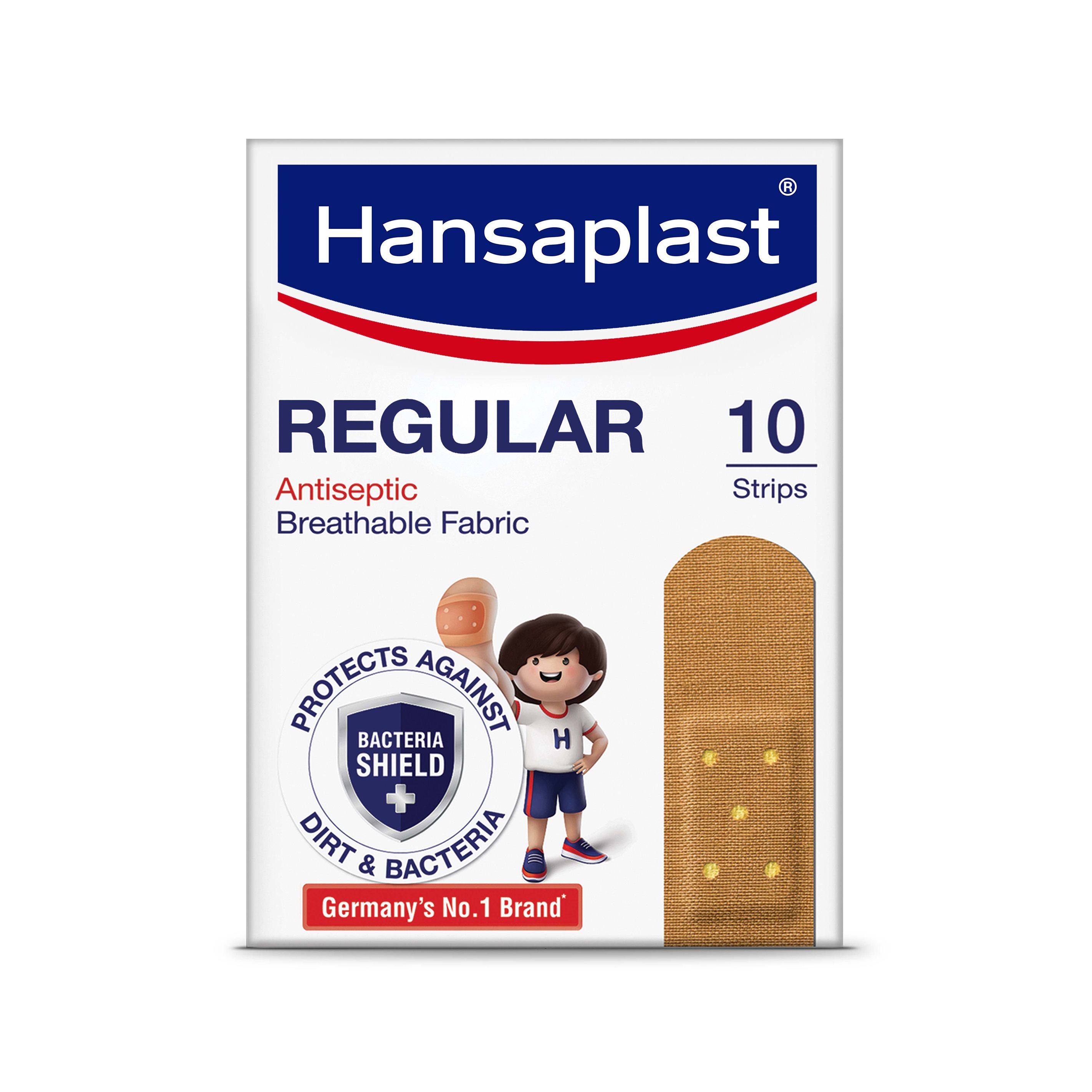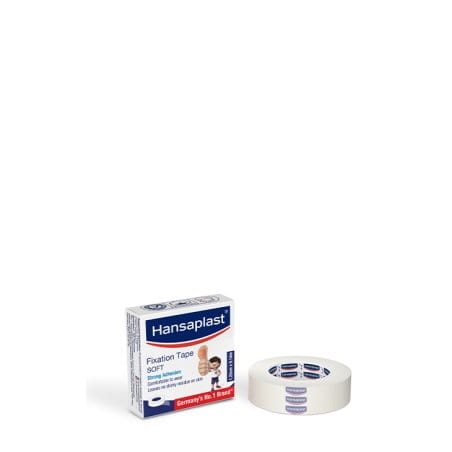Have you ever felt the persistent ache in your neck, disrupting the flow of your day and affecting your overall well-being? Neck pain is a common yet formidable adversary, demanding the right strategies for relief. Enter the world of cervical collars for neck pain—a versatile solution that goes beyond just support. In this blog, we delve into the nuances of choosing, wearing, and benefiting from a neck support collar. Whether you're recovering from an injury or seeking preventive measures, discover how these collars can be your ally in the quest for a pain-free neck. Let's navigate the realm of cervical collars together.
Understanding cervical collars
Cervical collars or neck support collars are orthopaedic devices designed to support and stabilise the neck, playing a crucial role in managing various neck conditions. Comprising rigid or soft materials, they immobilise the cervical spine, providing rest to injured or strained neck muscles. These collars aid in reducing pain, preventing further injury, and promoting healing by restricting movement. While rigid collars offer maximum support for severe injuries, softer options offer comfort during mild strain. Whether recovering from an accident or seeking relief from chronic conditions, cervical collars are integral in maintaining proper alignment, alleviating discomfort, and facilitating the healing process for individuals experiencing neck-related issues.
Uses of a neck support collar
Neck support collars serve as versatile aids in addressing various types of neck-related problems, offering targeted relief and assistance. Let's explore their multifaceted applications.
- Pain Relief and immobilisation
Cervical collars excel in providing pain relief by restricting movement and stabilising the neck. This immobilisation minimises strain on injured muscles, ligaments, or vertebrae, facilitating recovery from conditions like whiplash, strains, or sprains. By limiting motion, these collars offer a protective environment, reducing discomfort and promoting the healing process effectively.
- Postural support
These collars play a pivotal role in maintaining optimal neck alignment and posture. Whether combating the adverse effects of poor posture or supporting the spine during recovery, cervical collars provide consistent support. By discouraging unhealthy positions and promoting proper alignment, they contribute to long-term postural improvement and prevent exacerbation of neck-related issues.
Tips for using cervical collars for neck pain
Maximising the effectiveness of cervical collars for neck pain involves thoughtful considerations. From consultation to care, these tips ensure their optimal usage.
- Consultation and fitting
Prioritise consultation with a healthcare professional for tailored recommendations. Achieve maximum effectiveness by ensuring the collar fits snugly but comfortably. Proper sizing prevents excessive pressure or inadequate support, promoting optimal relief.
- Neck belt duration and wear
Adhere to prescribed wear durations, typically recommended by healthcare providers. Balance consistent wear for relief with periodic removal during activities or rest to prevent muscle atrophy. Follow guidelines to avoid overreliance, fostering a gradual return to regular neck mobility.
- Proper care and adjustments
Maintain the collar's hygiene by following the care instructions provided. Regularly inspect for wear and tear, ensuring straps and fasteners function correctly. Consult healthcare professionals for necessary adjustments, optimising the collar's performance and your overall comfort.
The takeaway
In essence, the pivotal role of cervical collars for neck pain is undeniable, offering targeted relief and optimising posture. Whether recuperating from an injury or proactively addressing discomfort, prioritising proper consultation, fitting, and care is paramount. Embracing these tips ensures harnessing the full potential of neck support collars, providing effective support in managing neck pain and fostering a path towards improved well-being. Remember, consulting with a healthcare professional guarantees personalised guidance for your specific needs.
Disclaimer
Please note that the above recommendations are general care tips. Consult a healthcare professional in case of any uncertainty around wound treatment and healing.
Always see your doctor if a wound is deep, bleeding profusely or showing signs of infection. For diabetic patients especially, proper wound care holds the utmost importance. Do not hesitate to discuss any concerns you may have with your doctor or your podiatrist, even when it comes to minor wounds and cuts – especially if they’re on your feet.
The information provided through this website should not be used to diagnose or treat a health problem or disease. Although compiled with great care, it is not a substitute for professional advice. If you have or suspect a health problem, consult your doctor immediately.
For further information regarding Hansaplast products, please contact us via email at customer.care@bdfindia.com.


.jpg?rx=0&ry=62&rw=1442&rh=317&hash=7151C38DAB727DB8E682A4A1C02E0754)